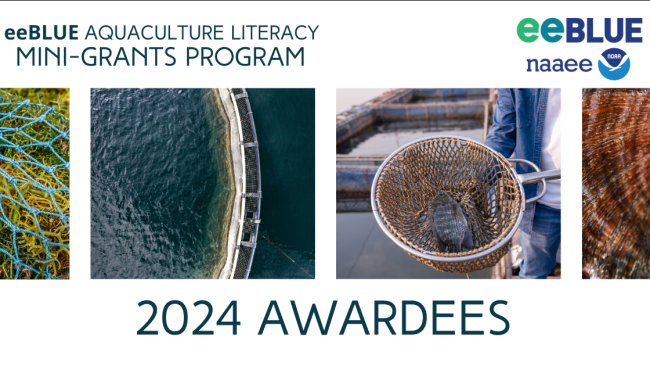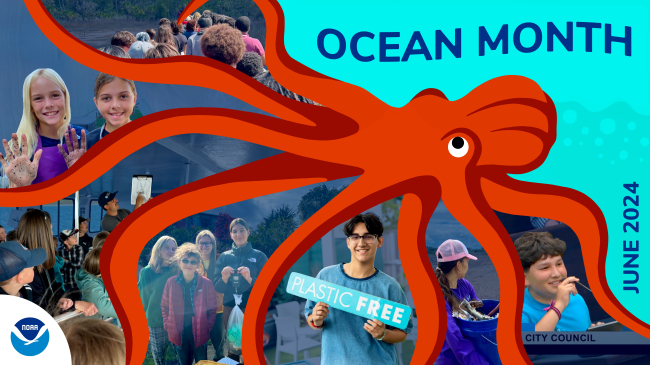As a graduate student, April Croxton was selected by the EPP/MSI Graduate Sciences Program to join the NOAA Fisheries lab in Milford, Connecticut. There, she kicked off a 15 year — and counting — career with NOAA. Now, as the first African American to hold the Second Vice President leadership position of the American Fisheries Society (AFS), she is drawing on her experience to forge new connections between NOAA and AFS.

April Croxton, a NOAA program analyst, is the first African American slated to lead the American Fisheries Society, the largest professional society related to fisheries in the United States. (Image credit: NOAA)




